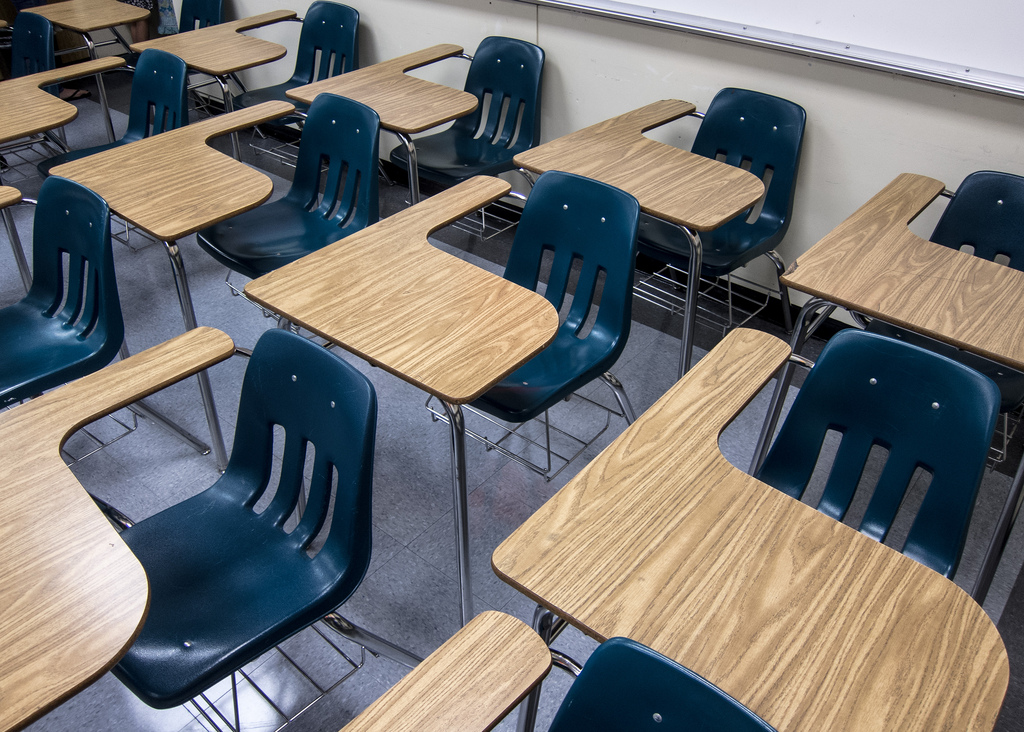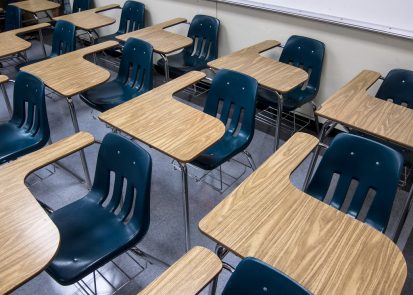Abortion rights, women of color, and LGBTQI+ people are under attack. Pledge to join us in fighting for gender justice.
On the Day of the Girl, Let’s Center Black Girls in School


Today is the Day of the Girl, an international call to center and support girls around the world. With that invitation, I’m thinking of all the girls overlooked in conversations about reforming student discipline. Too often, we think of school suspensions and expulsions as a boys’ problem. It’s true that Black boys are the students most likely to be excluded from the classroom, and advocates must address their unique needs.
But Black girls are suspended at higher rates than any other students other than Black boys. Racial disparities in exclusion rates among girls are actually greater than those among boys: Black girls are nearly six times as likely to be suspended as their white female peers. These troubling trends start as early as preschool. Black girls make up only 20% of the preschool population but 54% of suspensions. And let’s be honest: no preschool student should be suspended.
Stereotypes Drive Suspensions
This should go without saying, but Black girls’ high rate of classroom exclusions isn’t based on high rates of misbehavior. Instead, Black girls are sanctioned more frequently than their classmates for the same conduct, often because of stereotypes rooted in intersecting racism and sexism.
For example, educators often cite Black female students for dress code violations when their white peers wear the same clothes, drawing on our country’s long history of sexualizing Black girls. Students of all genders are often punished for failing to conform to sex stereotypes, but Black girls are particularly likely to be seen as insufficiently “feminine” by those who hold up white, middle class femininity as a model for all women.
Punishing Trauma
Many girls are punished for their responses to trauma. Too often, schools call the cops rather than a counselor when a student acts out due to scary experiences, including sexual abuse, happening in the classroom or at home. Sometimes students, and particularly girls of color, are punished when they report sexual violence. Just last month, a biracial Georgia student filed a complaint with the Department of Education recounting how she was suspended for engaging in sexual conduct in school after she reported being raped.
All of this is to say that, counter to public narratives about student discipline as a problem for boys alone, school exclusions are a real threat to many others students, and particularly Black girls, and that threat often looks different based on gender. To address overly punitive, discriminatory school discipline practices successfully, we have to tackle the particular obstacles facing Black girls. Let’s center those needs year-round, not only on the Day of the Girl.
If you or a girl you know has been unfairly disciplined at school, contact me at [email protected].





